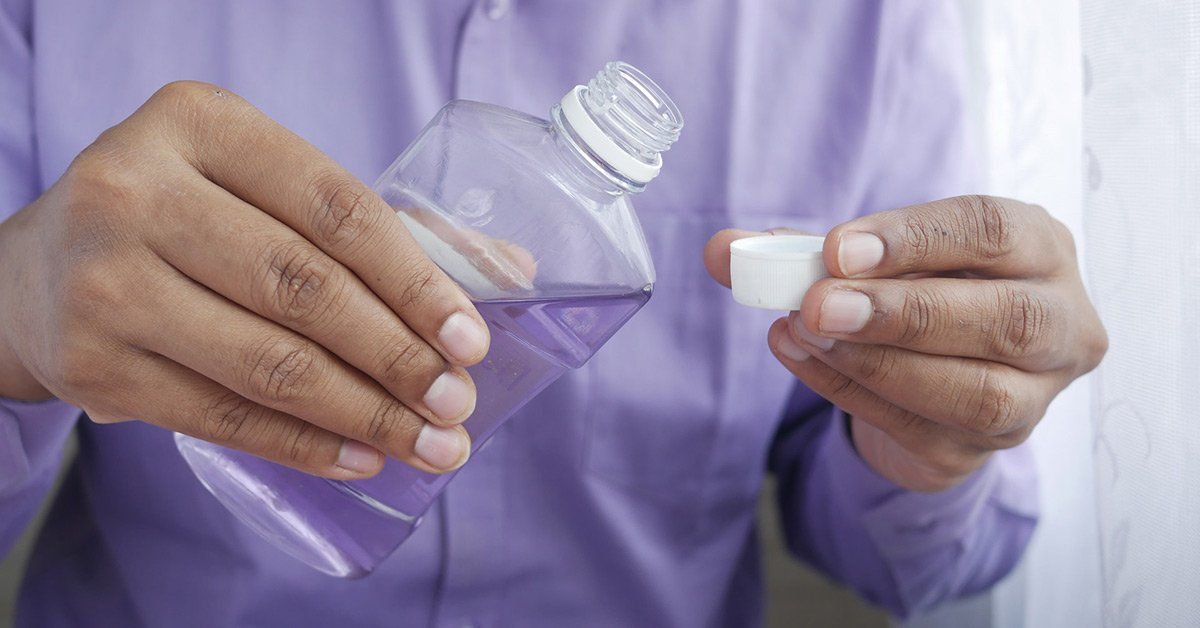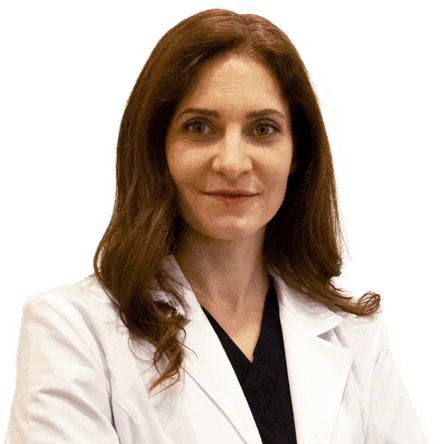Should I Use a Mouthwash? What You Need to Know
Are you wondering if your dentist in New York, NY, might recommend that you use mouthwash or if mouthwash is a fad? Learn more here.
Over 26% of American adults have untreated tooth decay and 46% have signs of gum disease. Poor oral health is a major problem that affects every part of the body.
Brushing and flossing your teeth is the best way to keep them clean and healthy, but many patients want to do more. This may be part of the reason why the mouthwash market is worth over $5,980.35 million.
Not all dentists agree on whether an oral rinse helps your teeth or not, but there are several reasons they may suggest you start using one. Read on to learn if your dentist in New York, NY would recommend that you use mouthwash.
Will My Dentist in New York, NY Recommend Mouthwash?
6 out of 10 Americans trust their dentist. They're in 5th place in the ranking of most trustworthy professionals behind nurses, engineers, medical doctors, and pharmacists.
If you feel that you can trust your dentist, you'll take their recommendations to heart. This means you'll do anything that they believe could improve your dental hygiene routine.
Any dentist in New York, NY who's worthy of that title knows that mouthwash isn't as effective as brushing or flossing because it doesn't come in direct content with your teeth. At the same time, many realize the benefits it can provide.
Using mouthwash may help you remove plaque, bacteria, and food debris in areas that you can't reach with your brush or floss. This can prevent tooth decay, toothaches, cavities, and gum disease. Certain mouthwashes may also whiten your teeth and freshen your breath.
Looking for a trustworthy dentist in New York means searching for one who can understand your needs and recommend the best treatments for your unique situation. Don't just consider what they're recommending; think about why.
Reasons that a dentist in New York, NY may suggest mouthwash include:
- Cavities
- Tooth decay
- Recent dental surgery
- Periodontitis from pregnancy
- Risk of gum disease
A dentist in the 10023 area code typically won't recommend mouthwash for children under 6 or those who intend to use it as a replacement for proper oral care. They may also want to provide treatment for underlying conditions first because a rinse won't clear up a rotted tooth, serious gum disease, or other issues.
If you're using mouthwash for purely cosmetic reasons or to combat bad breath, your dentist may or may not recommend mouthwash. They may focus on treating the cause of the foul odor or recommend in-office bleaching instead of using whitening mouthwash.
What Type of Mouthwash Should I Use?
There are 2 main types of mouthwashes; cosmetic and therapeutic. They're used for different purposes and have several sub-categories.
Therapeutic mouthwashes are used to treat and prevent oral health conditions. They can help improve gum health by removing plaque and bacteria. They may be fluoride-based or anti-plaque.
Common ingredients include cetylpyridinium chloride to kill bacteria, chlorhexidine to kill plaque and prevent gingivitis, fluoride to protect teeth, and peroxide as a disinfectant. You may also find natural options made from essential oils.
Cosmetic mouthwashes make your teeth look better or your breath smell better. These include products such as whitening rinses. They may share certain ingredients with therapeutic mouthwashes.
Always make sure the mouthwash is approved by the ADA or American Dental Association. Look for a mouthwash that uses chlorhexidine instead of alcohol because they're less likely to cause dry mouth. If you're sensitive or allergic to any of the ingredients in the one you've chosen, ask for one that's a better fit for you.
It doesn't matter much whether your dentist practices cosmetic or general dentistry in New York NY. If they exclusively practice in one of these specialties, they may recommend one type of mouthwash over the other. The best ones will and should suggest the one that's best for your health.
How Should I Use Mouthwash?
A 10023 area code dentist can give you recommendations on what type of mouthwash to use and how to use it. A short rinse may not always be enough; it's important to consider when and how it touches your teeth.
Follow all of the instructions on the bottle. Use the top of the bottle or a plastic measuring cup to dole out the recommended amount, which is usually 3-5 teaspoons.
Make sure to swish the mouthwash around in your mouth for at least 30 seconds. Spit it out when you're finished and don't swallow it.
Don't use mouthwash immediately after brushing. It keeps the fluoride in your toothpaste from sitting on your teeth and strengthening them as it should. Wait at least 30 seconds between these steps.
On the other hand, you can and should use mouthwash immediately after flossing. It's an effective way to remove any food particles, bacteria, or plaque you've dislodged.
One of the best times to use mouthwash is after a meal or snack. If you don't have time to brush, it'll keep your mouth clean. It also fits into the 8-12 hour window that most dentists believe it takes before food debris hardens into plaque and tartar and becomes harder to remove.
Most dentists will recommend that you only use mouthwash once a day. Any more than that is unnecessary and has the potential to harm your teeth instead of helping them.
Wait at least 30 minutes after using mouthwash before eating, drinking, or smoking. This is especially important if you use fluoride mouthwash because these actions will wash the fluoride away.
Where Can I Find a Dentist in New York NY?
Finding a trustworthy dentist in New York, NY is essential for your dental health. They'll provide regular cleanings, checkups, and recommendations for keeping your teeth clean and healthy.
Dentists differ in their opinions of mouthwash, but most consider it a helpful but not necessary part of a proper oral hygiene routine. They may recommend it to prevent developing oral conditions or keep your teeth looking their best.
They can also suggest which type to buy and how to use it.
Riverside Dental NY offers general and cosmetic dentistry in New York, NY. Contact us today to get an appointment.





